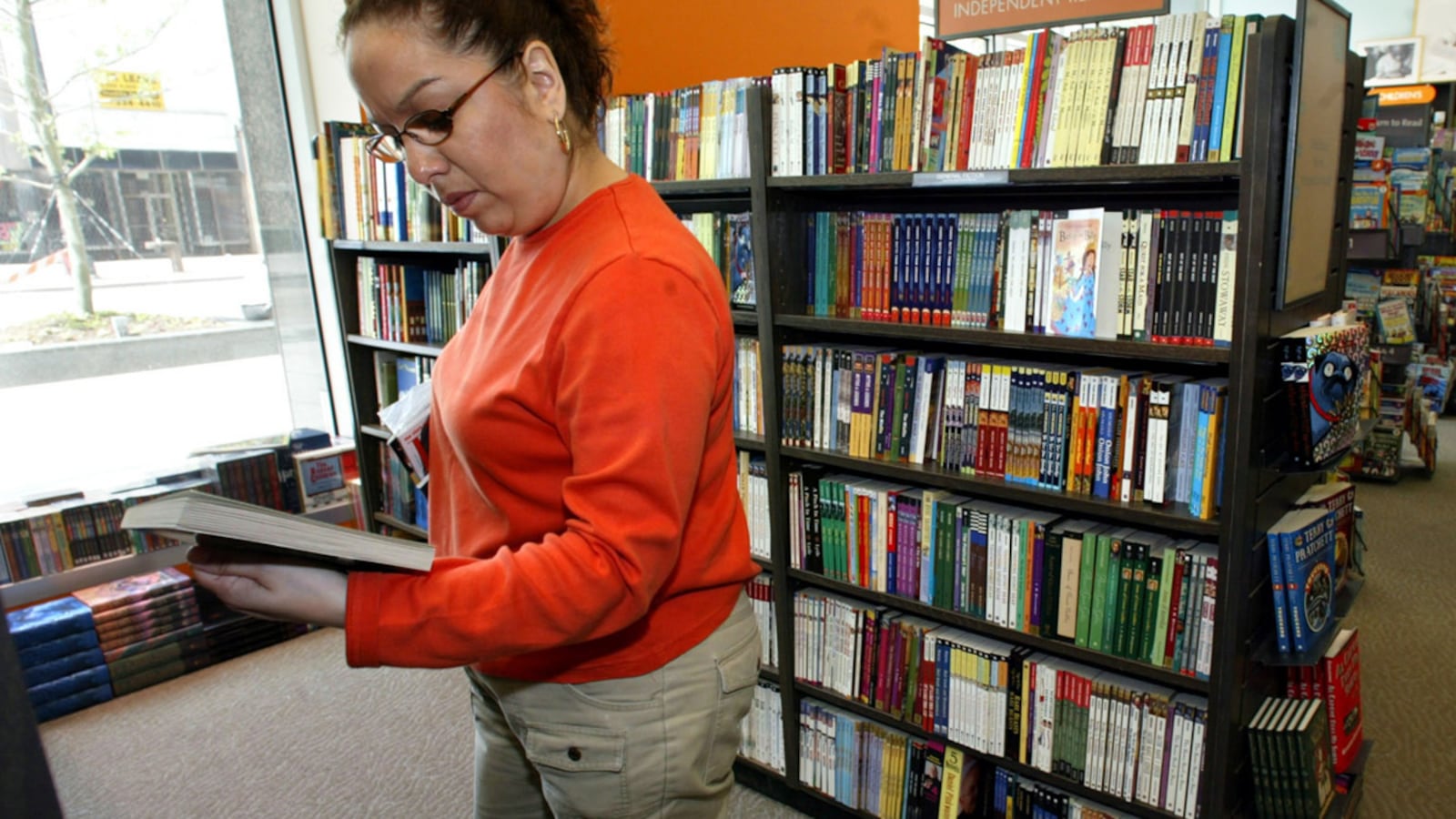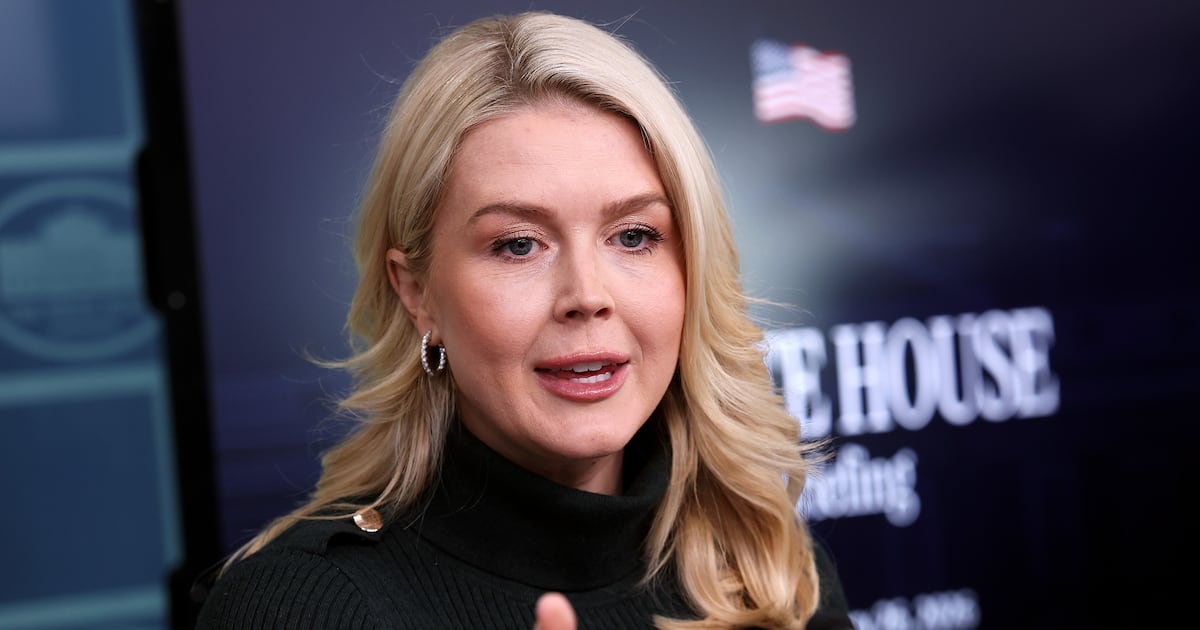"The “neuroscience” shelves in bookshops are groaning. But are the works of authors such as Malcolm Gladwell and Jonah Lehrer just self-help books dressed up in a lab coat?" So reads the headline of a piece in the New Statesmen, declaiming against the "Story-Study-Lesson" formula so successfully worked by authors such as, er, Malcolm Gladwell and Jonah Lehrer. I mean until recently, that is. Um, moving on . . .
I basically agree with the point of the article, which is that science is hard and writers should resist the temptation to survey the literature and pluck out the one study which agrees with the thesis you already had. This temptation seems to be particularly strong in neuroscience, where the only people who will be able to tell if you are hiding the football are actual neuroscientists. And if they angrily denounce your work, the public is not going to notice, because they will have nodded off to sleep after the first 5,000 words explaining what we do and do not know about the amygdala.
But why the implied slam of self-help books? This is not the first time I've seen this charge; Isaac Chotiner leveled it (also against Lehrer) in this review of the ill-starred Imagine.
IMAGINE is really a pop-science book, which these days usually means that it is an exercise in laboratory-approved self-help. Like Malcolm Gladwell and David Brooks, Lehrer writes self-help for people who would be embarrassed to be seen reading it. For this reason, their chestnuts must be roasted in “studies” and given a scientific gloss. The surrender to brain science is particularly zeitgeisty. Their sponging off science is what gives these writers the authority that their readers impute to them, and makes their simplicities seem very weighty. Of course, Gladwell and Brooks and Lehrer rarely challenge the findings that they report, not least because they lack the expertise to make such a challenge.
Oh, self-help books, refuge of the benighted masses! Could there be anything more risible than the bovine hordes of Middle America standing stolidly in the bookstore, brow furrowed as they earnestly try to decide whether "How to Save a Marriage" or "The Relationship Rescue Book" is the One True Way to revive a relationship grown soggy with suburban ennui? How dull are their imaginations! How amusing, their endless quest for better marriages, personal finances, management skills, and figures! Oh, lucky we, the intellectual elite, who do not need such pedestrian advice!
For of course, all of the intellectuals I know have strong and happy marriages, top-notch management skills, 401(k)s filled to bursting with wisely allocated investment, and a body fat percentage that would be the envy of many supermodels. No, wait, that's Paul Ryan I'm describing. So suddenly I'm confused. Why don't intellectuals read self-help books? Oh, right, because we're too smart for that sort of thing. This is, after all, a group of people who takes the observation that "practice makes perfect" more seriously if it is attached to a study published in Psychology Review.
Laura of 11d, one of my favorite bloggers, read that review and wrote: "Isaac Chotiner made me feel like an idiot." That was, of course, fairly clearly the intent of that line. You may think that you are part of the elite, with your food-coop and your subscription to the New Republic and your semi-annual donations to NPR, but in fact, you're just one of them--them being the people who are not smart enough to avoid self-help books.
But why on earth should you avoid them? I have not noticed that the people who surround me at conferences and social gatherings are so perfect as to require no further improvement. I certainly am not. (Yes, cue trolls here). So why should I get a little self-help?
You will say that the books are not very good. The lessons they offer are obvious--be nice to your spouse, save more, give constructive feedback to your team members, eat less and exercise more. And of course this is true, not through any particular fault of the authors, but because there are very few revolutions in human affairs. The basic facts of living, getting along with others, and dying haven't actually changed all that much since they were first discussed in blockbuster self-help titles like The Bible.
But that doesn't mean they don't bear repeating. I must have read dozens--hundreds--of melancholy laments about the process of aging when I was in my twenties. I enjoyed the writing of many, and even managed to eke a wistful moment out of a few of them. But then one day, in my mid-thirties, I found myself reading another--and resonating to its message of lost youth like a finely tuned wind-chime. Suddenly I shared the wistful and slightly angry sense of a profound loss of possibility; I too had realized that there was no longer time for me to try another career, take up ballet, or enlist in the military. For the rest of my life, I was going to be basically what I am now. I also shared the sense of comfort that that realization brings; I wasted far too much of my twenties trying to construct unlikely selves from the basic starting material I was given.
Some messages can only be heard when you are ready. And some can only be taken from a stranger, as witness the dismal record of friends who try to "help" each other with their marriages. "Practice makes perfect" may not be any more true because someone did a study demonstrating it--but the edict may be easier to swallow coming from Malcolm Gladwell than from your mother.
I had the privilege recently of attending a conference with the great John Hale, the archaeologist whose book, Lords of the Sea, I have recommended to readers in the past. (And still do!) It turns out that he is also, hands down, one of the best lecturers that I have ever listened to; he turned into a sort of conference rock star, as people gathered around to hear him talk about anything at all.
Hale was part of the team that investigated the Oracle at Delphi, and found that the oracle seems to have sat directly above a crack in the earth which emitted psychoactive gases, putting her in an altered state from which she delivered her pronouncements. He gave us a stunning lecture on the topic of the Oracle (you can get a taste of what it was like here). And one of the topics he explored was what role the oracle played in Greek society. Why did people come to this remote place from all over the Mediterranean, and even beyond, in order to ask her a question? Not just to ask--to act on it. People seemed to have believed that the Oracle was really pointing the way for them.
One possibility, of course, is that the psychoactive gasses actually allowed the Oracle to see the future, and thus provide a very useful service. But I think we can assume arguendo that this is probably not the case. So why were people so interested in what she had to say?
Perhaps they were just all stupid--this is a popular theory about the past. But Hale offered another possibility. He suggested that even cryptic, elusive statements such as the oracle liked to make can be very valuable, because they snap us out of our current mode of thinking. When you are stuck in a rut, rehearsing the same arguments (or behaviors) over and over again, just having someone offer you new food for thought may open up possibilities that you previously hadn't considered.
Dave Ramsey and Suze Orman do not necessarily offer the most sophisticated, perfect advice. But that's because the core of financial prosperity--save money!--is not all that complicated. They do get people to save, largely because they offer people a rigid, simple formula that is easy (if a bit painful) to follow. Likewise, the basics of being a good salesperson are surprisingly basic: people who make more calls make more money. But because making calls is really emotionally difficult, "proving" this with a study helps people get over their natural reluctance to phone strangers. And so on, down the line through marriage and management. These things are not complicated, but they are difficult, which is why people sometimes need a little encouragement.
If someone can package that stuff with some stories, and get people to actually do that, that's a net contribution to the universe. I've been a preliminary judge at business journalism awards for a couple of years, and I always pick personal finance. This garners the same reaction from all the other journalists I meet there. "Ugh," they sympathize. "How did you get stuck with that?" Personal finance journalism is what is disparagingly known as "service journalism": pedestrian, repetitive, and rarely the subject of scoops.
And yet, you know what? When someone comes up to me and tells me "You've helped me so much!" I know that they are about to talk about either the kitchen gift guide, or soemthing I've written about personal finance. People I have met have increased their savings, refinanced their mortgages to a more affordable rate, rethought the decision to buy a big home, and otherwise made themselves more financially stable because of stuff I wrote. By contrast, no one has ever come up to me and said "I just see the Social Security Trust Fund in a whole new way now."
I find this attitude towards "service journalism" because so many journalists say they got into our insecure and not-particularly-lucrative field out of altruistic motives. If you say you started writing to help people, why sneer at the writers who actually do?






